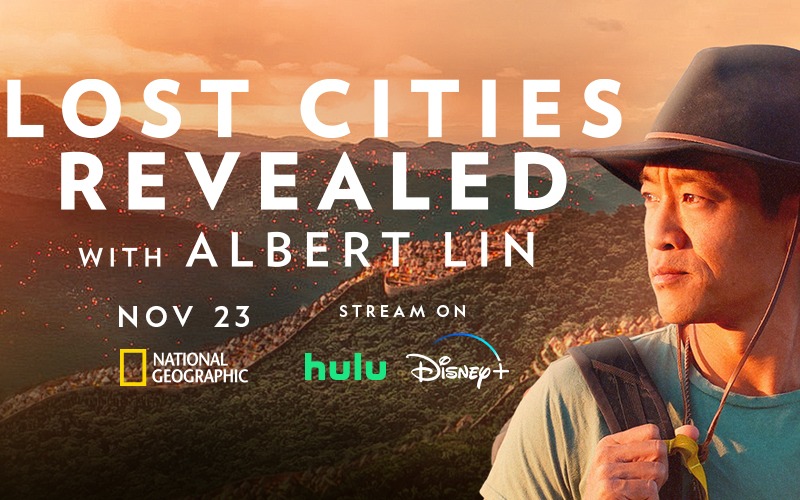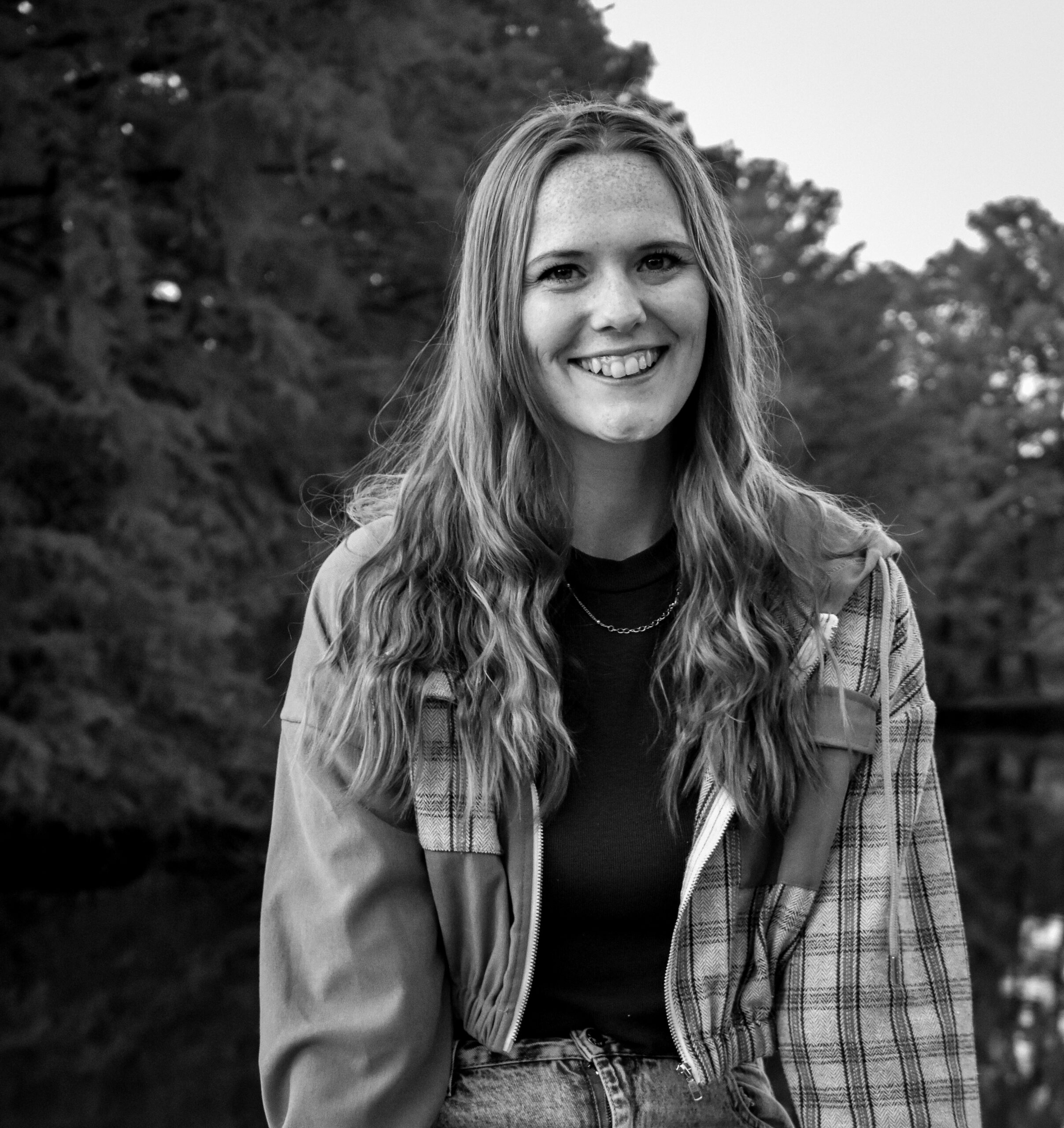National Geographic Explorer Albert Lin investigated historical mysteries in the new six-part series Lost Cities Revealed with Albert Lin which premiers Nov. 23. With a mission to uncover the wisdom of ancient civilizations, Lin and his team used cutting-edge technology, including LiDAR, to investigate like never before and push the boundaries of exploration. From the dense jungles of Mexico, the cliffs of Scotland, and the underwater realms of Israel, Lost Cities Revealed with Albert Lin is a worldwide adventure that inspires viewers to learn from history and connect with our past in life-changing ways.
Innovation & Tech Today had the chance to speak with Lin before the release of the upcoming series. In addition to talking about tech’s role in his career and how it’s reshaping historical discoveries, he also speaks on what he hopes viewers will take from Lost Cities Revealed with Albert Lin and why studying ancient civilizations is still relevant for today’s society.
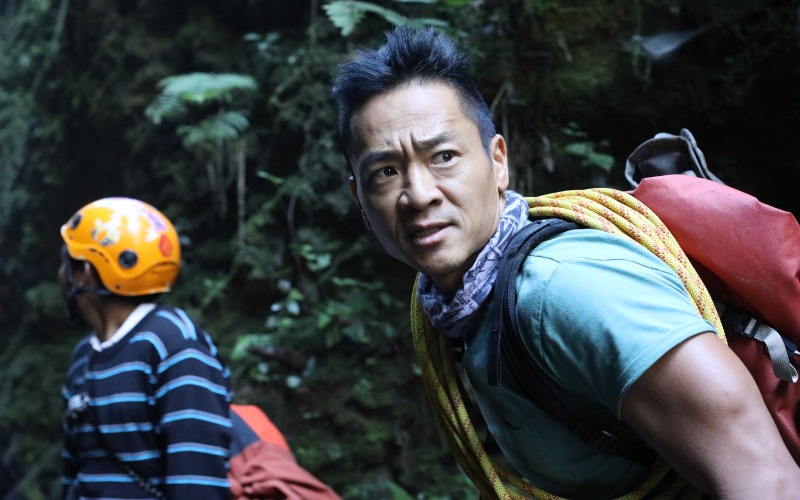
Innovation & Tech Today: How has tech impacted your exploration career?
Albert Lin: It’s always been a part of me. I am an engineer by training. I realized at one point that National Geographic was co-founded by Alexander Graham Bell. At that moment, I think I discovered engineering has been at the heart of discovery this whole time.
I&T Today: What inspired you to embark on this journey to uncover lost cities and the people who inhabited them?
Lin: This goes back to the very start of my journey and my first grants from National Geographic over a decade and a half ago. What you see on the TV is much more than a show for me. It has been a life quest to find out what’s at the root of who we are so I can imagine what we are to become.
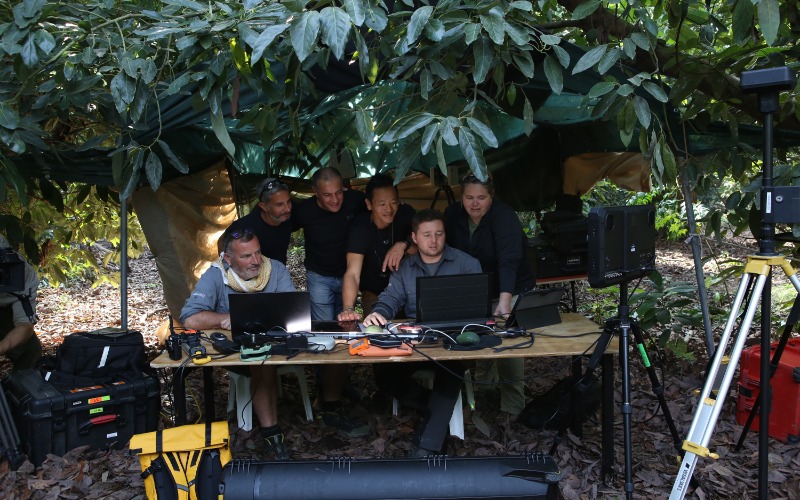
I&T Today: How do you balance using tech while respecting traditional beliefs and indigenous cultures during your explorations?
Lin: My work has always been rooted in a deep respect for indigenous wisdom that’s both ancient and living. In many ways, that’s the point of looking for our origins in these lost cities. The use of technology allows us to reveal our forgotten stories in non-invasive ways, a process that not only opens up new scales of discovery but in a way that isn’t destructive.
I&T Today: How does LiDAR and other cutting-edge tech help uncover lost cities and ancient civilizations?
Lin: With LiDAR, we can strip back the trees with geophysics. We can look beneath the sands, and with modeling, we can rebuild what was once there. The real adventure is in figuring out where to point it all!
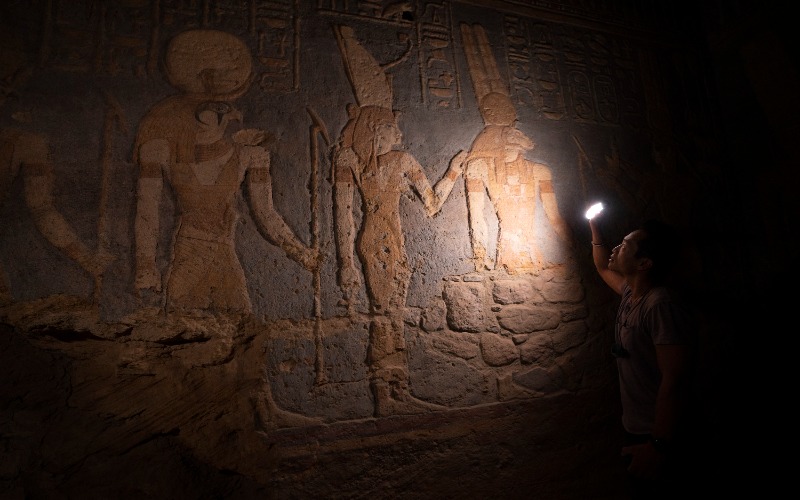
I&T Today: How do you think tech is revolutionizing historical discoveries?
Lin: I think years from now, people will look back on this time and realize this moment in history was a great watershed moment for an age of discovery. LiDAR for archaeology is like what X-ray was for medical science.
I&T Today: What makes exploring lost cities and ancient civilizations relevant in today’s world?
Lin: We are today on one page in the long book of our humanity- some pages came before, and there are pages yet to come. We are the authors of this book, and we have to know how we got here to imagine into reality what is to be. Also, it’s so fun.
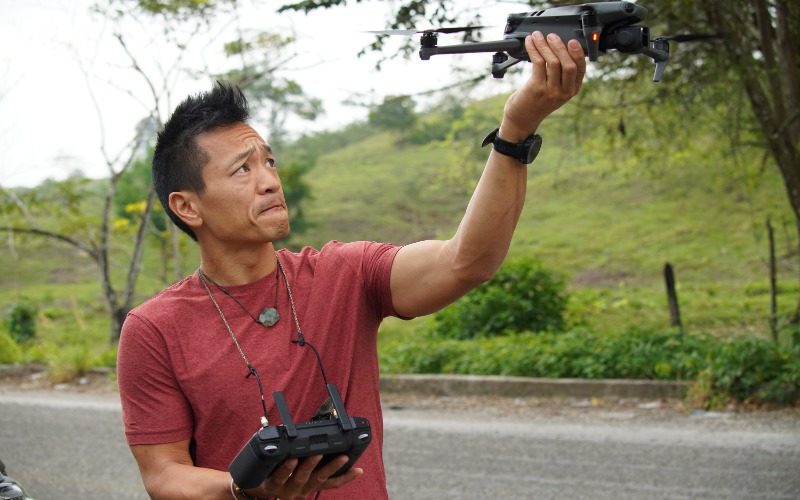
I&T Today: Could you tell us what viewers can expect from Lost Cities Revealed with Albert Lin?
Lin: We really did bring the most advanced technologies to bear into the most remote and hard-to-get places. Combining this with the incredible work of the archaeologists who have dedicated their lives to the search for ancient knowledge, these technologies revealed incredible new discoveries and insights. But, we also were able to combine the discoveries with amazing VFX and modeling that I believe will transport viewers’ imaginations into the very worlds we are discovering. Expect gripping adventures filmed in beautiful ways but rooted in authentic and powerful moments of discovery that show you a world you didn’t realize you were a part of.
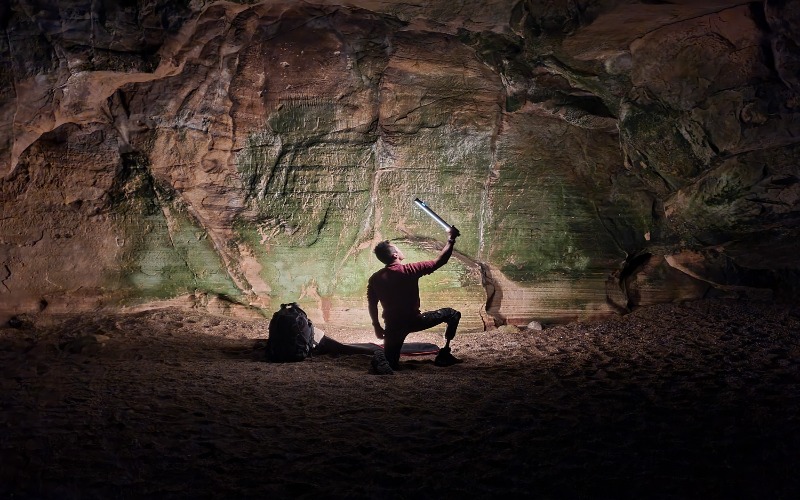
I&T Today: What do you hope viewers will take away from this new series?
Lin: That discovery is out there, that wonder is meaningful, and that we are in an age of discovery that can tell us powerful new things about who we are
Catch Lost Cities Revealed with Albert Lin on National Geographic Nov. 23 and stream the new series on Hulu and Disney+!


